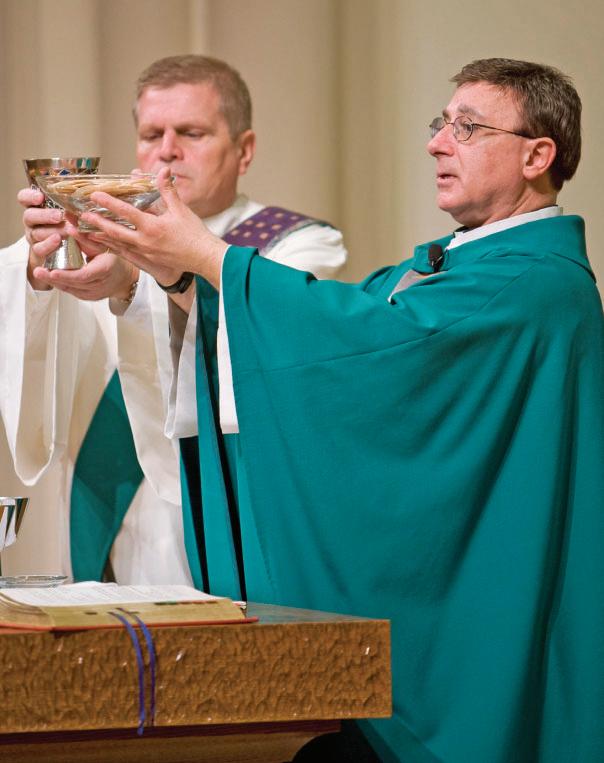
5 minute read
Remember and Act
Elie Wiesel, a Holocaust survivor, wrote dozens of books but may be best known for Night, an autobiographical account of his time as a teenager in the concentration camps at Auschwitz and Buchenwald.
The Nobel laureate committed his life to keeping the memory of the Holocaust alive. As a Jew, Wiesel knew the power of keeping memory. He understood the rabbis who said, “To remember is to give life; to forget is to let die.” He believed that by remembering the horrors of the Holocaust, humankind could never again repeat such an atrocity. Determined not to allow those who perished in the Holocaust to die in vain, he became a voice for the voiceless and a human rights advocate. He confronted hatred, bigotry, and intolerance and defended human dignity. He spoke out against the massacres in Bosnia and Rwanda and the burning of black churches in the United States. He championed the rights of blacks in South Africa and political prisoners in Latin America. For Wiesel, keeping memory and taking action were two sides of the same coin.
Advertisement
The relationship between keeping memory and taking action unfolds in our midst in each celebration of the liturgy. Memory is kept of the passion and death of Jesus, whose death atoned for our sins. And memory is kept of God’s power in raising Jesus from the dead. As Eucharistic Prayer IV states: Therefore, O Lord, as we now celebrate the memorial of our redemption, we remember Christ’s Death and his descent to the realm of the dead, we proclaim his Resurrection and his Ascension to your right hand, and, as we await his coming in glory, we offer you his Body and Blood, the sacrifice acceptable to you which brings salvation to the whole world.
Keeping memory of the death and Resurrection of Jesus calls us to act. It urges us to offer ourselves in sacrificial love. It asks us to refuse to allow the death of Jesus to be in vain. So we too must become voices for the voiceless and advocates for human rights. We too must confront hatred, bigotry, intolerance, and defend human dignity.
At the entrance to the United Stated Holocaust Memorial Museum in Washington, DC, are Wiesel’s words “For the dead and the living, we must bear witness.” May we, who are nourished by the Body and Blood of Christ, be mindful of his death and Resurrection and bear witness to peace and justice for the dead and the living.
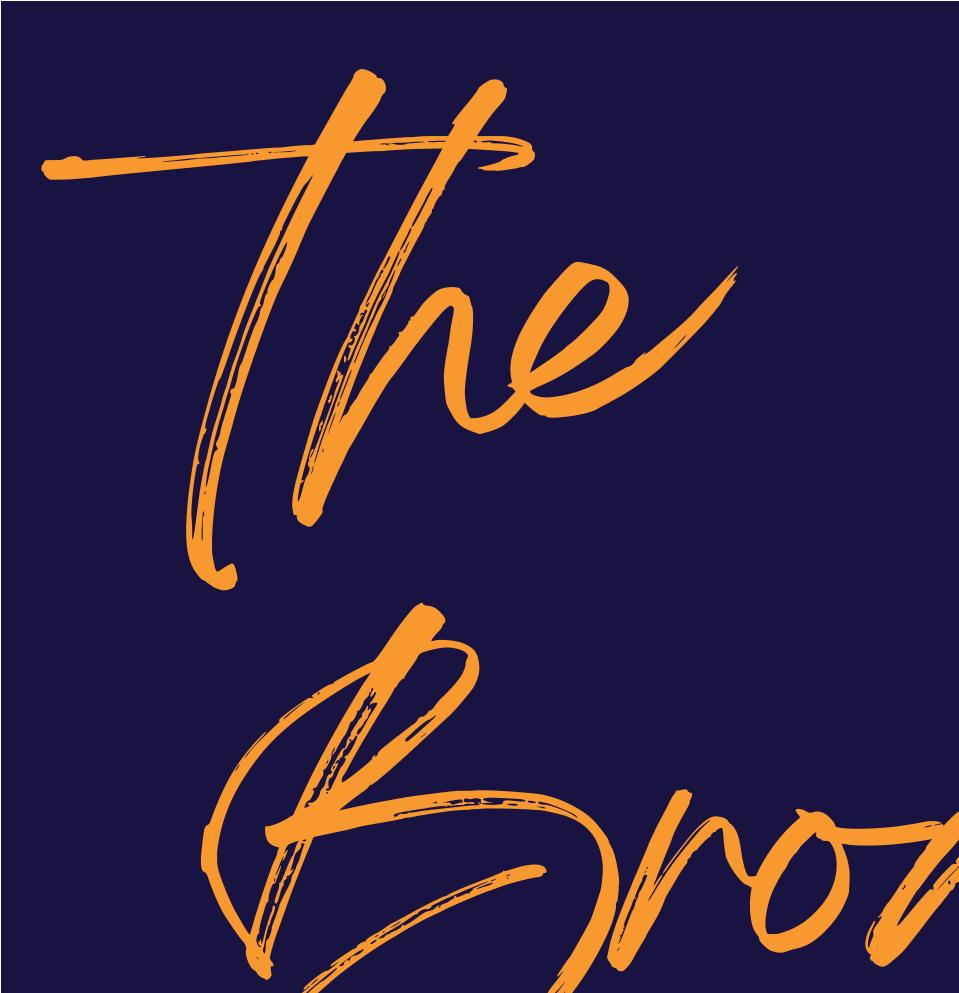
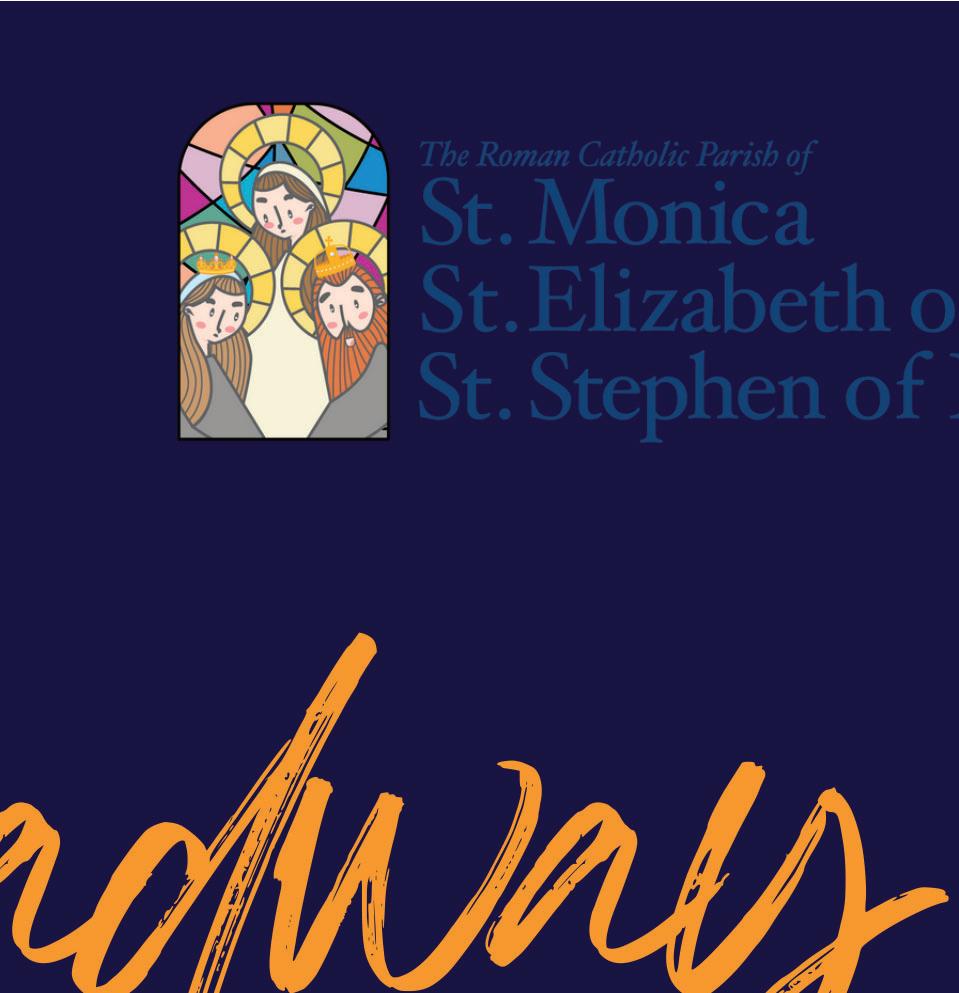

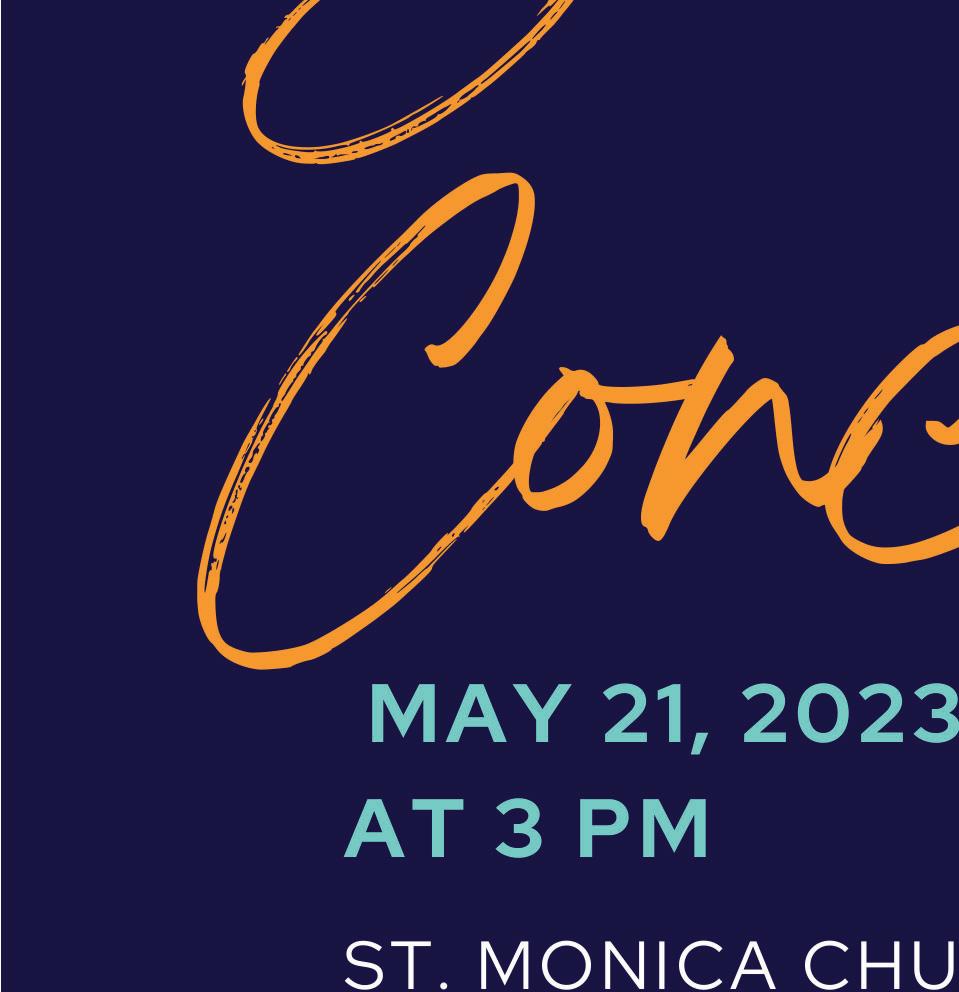



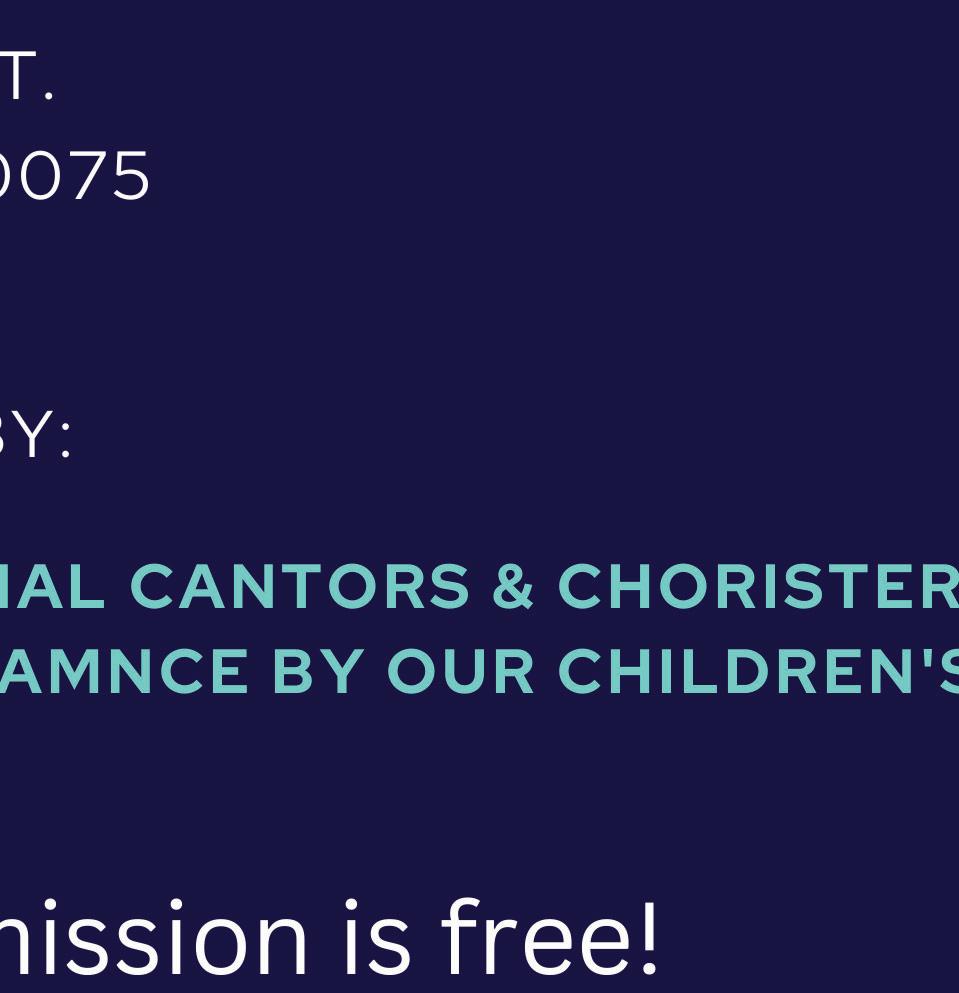

“The
Five Minute Jesus
Using the Gospel for Prayer –Pentecost Sunday May 28, 2023
It’s simple. 1. Read the Gospel for the following Sunday slowly, reflecting on the story it tells. 2. Reflect on the questions assigned for each day. 3. Make some resolution about how what you read can be lived that day. 4. Then thank God for speaking to you through this reflection.
Gospel John 20:19-23
On the evening of that first day of the week, when the doors were locked, where the disciples were, for fear of the Jews, Jesus came and stood in their midst and said to them, “Peace be with you.” When he had said this, he showed them his hands and his side. The disciples rejoiced when they saw the Lord. Jesus said to them again, “Peace be with you. As the Father has sent me, so I send you.” And when he had said this, he breathed on them and said to them, “Receive the Holy Spirit. Whose sins you forgive are forgiven them, and whose sins you retain are retained.”
Monday May 22nd
Was there something in this reading that spoke to me? Comforted me? Challenged me? What was it? Why did it have this effect on me?
Tuesday May 23rd
Sunday is referred to as “the first day of the week”; a reference to the old idea of Saturday as being the 7th day, the day of rest – first by God, then by humans, and in the kingdom, by all creation. In john, things happen on the first day of the week; notably, the resurrection and Jesus’ gift of the Holy Spirit. It is a symbol of the new creation. What is Sunday for me? Do I get to church? Do I try to make it a day different from the rest of the week? If so, how? If not, why not?
Wednesday May 24th
In John’s time, his community had already come to see themselves as separate from Judaism. This is ironic, as Jesus and his disciples were Jewish, as was probably the writer of the Gospel of John himself (we presume this due to his fascination with the temple, the Jewish liturgical year, as well as the fact that the language the Gospel was written in, Greek, was not his first language). It says they were afraid of “the Jews”. What do I think of my Jewish neighbors? What kinds of prejudices do I harbor against them? How do I square this with the fact that Jesus was Jewish, Mary his mother was Jewish, and theologians and even popes have paid homage to the fact that “Spiritually we are all Semites” (Pope Pius XI)? What steps can I take to counter that fear with respect and even thankfulness for our Jewish spiritual heritage?
Thursday May 25th
When English-speaking people greet each other, we wish one another a “good day/morning/evening”. We say “Hi”, a word most probably derived from the English “hail” – related, uncomfortably, to the German “Heil”. However, in Hebrew one wishes Shalom or “peace”. However, shalom in Hebrew is about more than the absence of war. It is about the restoration of relationships, and the healing and renewal of the world. Wishing one another “peace” is part of our Jewish heritage. It is the first thing Jesus says to his frightened disciples, and in that word, they hear the promise of the kingdom of heaven. Wishing one another peace, as we do at mass, is part of our Jewish heritage, and expresses the desire for the healing of the world. How do I treat that greeting, “Peace be with you?” Do I take it seriously? How can I take it seriously in my daily life so that the world, my own world, at least, might begin to heal?
Friday May 26th
Jesus sends his disciples. This is the root of the word we use to describe them: “Apostles”, a Greek word which means, “one who is sent”. Fundamental then, to being a Christian is being sent. We have a mission (another word which derives from the Latin word “to send”). Our mission in life is to discover what Christ’s mission for us is. We can’t do that, however, if we don’t ask in prayer. If we do not read and listen to his Word and participate in the life of the Church. Am I confident I know what God’s will for me in my life is, my “mission”? IF not, why not?
Saturday May 27th
As our world grows more secular, the whole idea of God’s forgiveness is strange. “Why do I need to be forgiven by God?”, we ask. Not so in the ancient world. They had a profound sense that the world worked the way it did because of a “divine logic” or Law. To live in harmony with that Law is to live in accord with God’s will. To break it was to sin – something which had real life consequences, which people experienced as punishment. Thus, forgiveness was important and the temple in Jerusalem was central to this in Judaism. Jesus gives his disciples the power to forgive each other. With this he supersedes the Temple in favor of the spiritual temple. i.e. the community of believers. Forgiveness is something we all want, and yet, when it comes to giving it, we are remarkably stingy. How easily do I forgive others? How often do I forgive? What keeps me from Following Jesus’ command to forgive?

